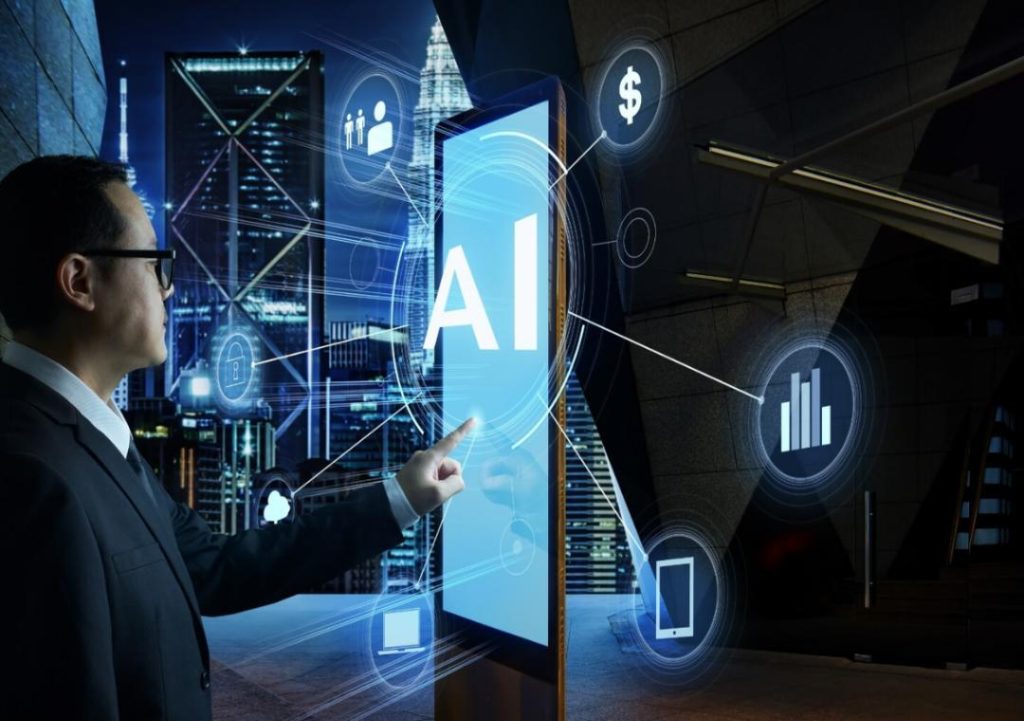
AI & ML now power over 77% of business processes
In today’s digital-first world, Artificial Intelligence (AI) and Machine Learning (ML) are no longer futuristic concepts relegated to the realm of science fiction. Instead, they’ve become operational essentials, transforming the way businesses operate and interact with their customers. According to a recent report, over 77% of enterprises now leverage AI/ML to improve productivity, reduce costs, and personalize user experiences.
The rapid adoption of AI/ML is not surprising, given the numerous benefits they offer. From automating mundane tasks to detecting fraud in real-time, AI/ML have the potential to revolutionize various aspects of business operations. In this blog post, we’ll delve into the world of AI/ML, exploring their importance, applications, and the reasons behind their widespread adoption.
What is AI and ML?
Before we dive into the benefits and applications of AI/ML, it’s essential to understand what they are and how they differ.
Artificial Intelligence refers to the development of computer systems that can perform tasks that typically require human intelligence, such as learning, problem-solving, and decision-making. AI involves the use of algorithms and data to simulate human thought processes, enabling machines to perform tasks autonomously.
Machine Learning, on the other hand, is a subset of AI that focuses on developing algorithms and statistical models that enable machines to learn from data without being explicitly programmed. ML algorithms can analyze vast amounts of data, identify patterns, and make predictions or decisions based on that data.
Why are AI and ML important?
The importance of AI/ML lies in their ability to automate tasks, improve efficiency, and enhance decision-making. Here are some reasons why AI/ML have become essential for businesses:
- Automation: AI/ML can automate repetitive, mundane tasks, freeing up human resources to focus on more strategic and creative work.
- Improved efficiency: AI/ML can analyze vast amounts of data, identifying patterns and trends that human analysts might miss. This enables businesses to make data-driven decisions, streamlining processes and improving efficiency.
- Enhanced decision-making: AI/ML can analyze complex data sets, providing businesses with valuable insights that inform decision-making.
- Personalization: AI/ML can help businesses personalize user experiences, tailoring messages and offers to individual customers.
- Fraud detection: AI/ML can detect fraud in real-time, reducing the risk of financial losses and improving customer trust.
Applications of AI and ML in business
AI/ML are being used in various business applications, including:
- Customer support: AI-powered chatbots can provide instant support to customers, answering frequently asked questions and resolving simple issues.
- Real-time fraud detection: ML algorithms can analyze transaction data, identifying suspicious patterns and preventing fraudulent transactions.
- Predictive maintenance: AI-powered sensors can predict equipment failures, enabling businesses to schedule maintenance and reduce downtime.
- Marketing automation: AI-powered marketing tools can personalize email campaigns, social media messages, and advertisements, improving engagement and conversion rates.
- Sales forecasting: ML algorithms can analyze sales data, providing businesses with accurate forecasts and enabling them to make informed decisions.
The shift to AI and ML is fundamental
The shift to AI/ML is no longer optional; it’s fundamental to staying competitive in a digital-first world. As the report highlights, over 77% of enterprises are already leveraging AI/ML to improve productivity, reduce costs, and personalize user experiences. The benefits of AI/ML are undeniable, and businesses that fail to adopt them risk being left behind.
In conclusion, AI/ML are no longer futuristic concepts; they’re operational essentials that have the power to transform businesses and improve customer experiences. As the adoption of AI/ML continues to grow, businesses must prioritize their adoption to remain competitive and stay ahead of the curve.
Source:
https://www.growthjockey.com/blogs/what-is-ai-and-ml-how-is-it-important






